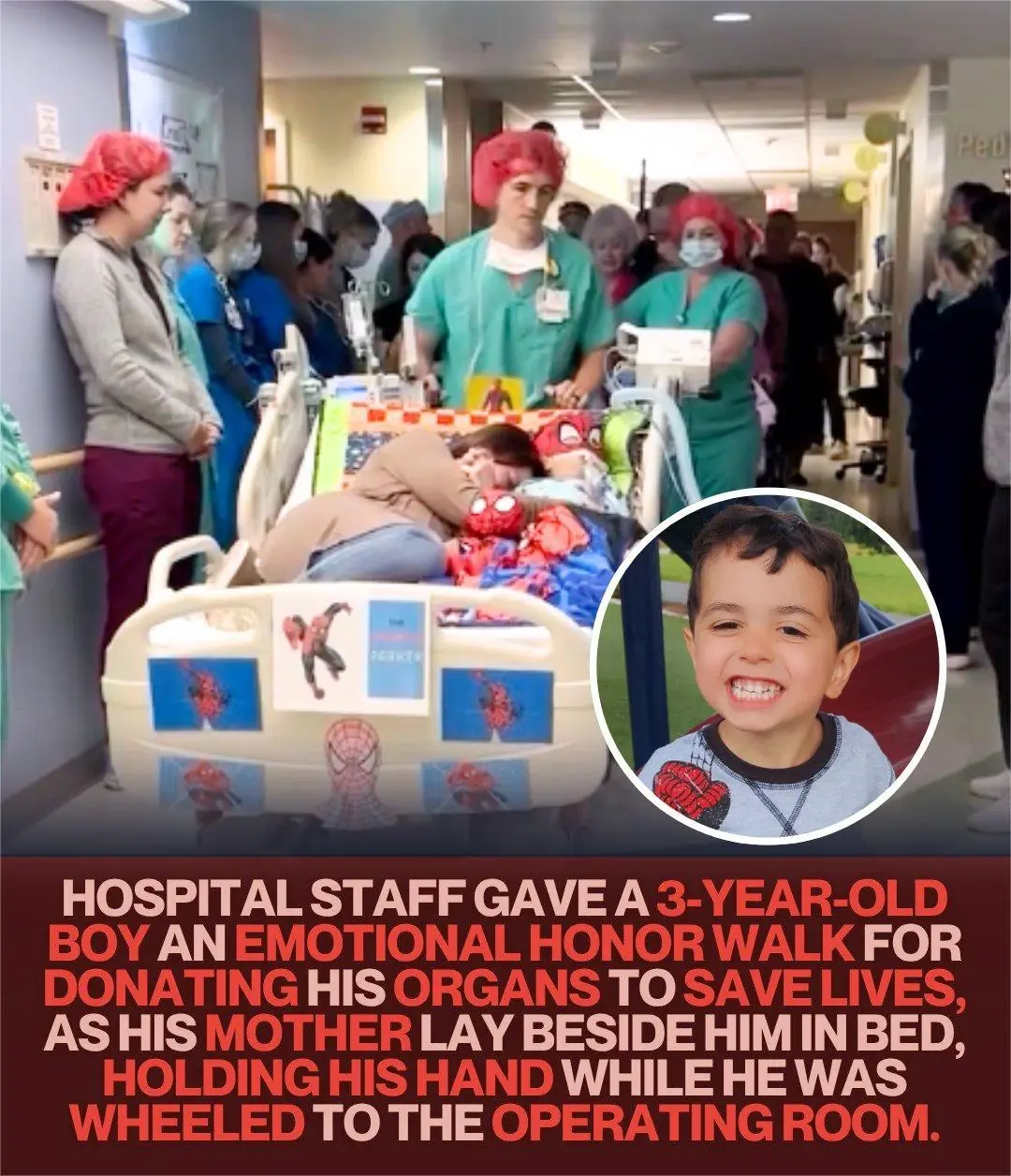
A 3-Year-Old’s Final Walk: Honor, Sacrifice, and Hope
In the quiet corridors of a hospital, a profound moment unfolded — a moment that transcended sorrow to become a symbol of love, courage, and giving life.
A little boy, only three years old, lay on a hospital bed, connected to machines that sustained his fading breaths. In those final hours, he became more than a patient; he became a hero. As he was wheeled toward the operating room for organ donation, the hospital staff lined the hallways to perform an Honor Walk — a ceremonial tribute to his gift to others.
Next to the child, his mother lay in the same bed, holding his hand. Her presence was a quiet, powerful act: in those last shared moments, she bore witness to a sacrifice that no parent should endure. The walk carried weight beyond the physical. It honored his life, gave meaning to loss, and extended hope to strangers who would receive his organs.
What is an Honor Walk?
An Honor Walk is a respectful gesture performed when a patient is being transitioned toward organ donation. The hospital staff — nurses, doctors, technicians — often line the hallways in silence or gentle applause. Sometimes patients are dressed in items of comfort or their favorite clothes, and loved ones may accompany them. The act is meant to affirm dignity, pay final respects, and recognize the decision to donate life.
The Boy’s Story
Though details vary in retellings, the boy’s situation echoes a narrative that has touched many hearts. He was injured critically, and medical professionals deemed further treatment nonviable. His family, in a moment of unimaginable pain, chose to donate his organs. In a final public display, he took his Honor Walk, dressed perhaps in the costume of a beloved superhero — a small reminder of childhood in the midst of tragedy. His organs would go on to save the lives of others.
Reflections on Sacrifice and Legacy
-
Dignity in the darkest hour
The Honor Walk is more than ceremonial: it is a statement that even in loss, human beings deserve grace, respect, and acknowledgment. -
Transforming grief into gift
The decision to donate is often born from unbearable sorrow. Yet in that decision lies an affirmation — life can continue, in others. -
Community’s silent tribute
The hospital staff’s presence, lined along hallways, becomes an act of compassion — a silent salute to a child they once cared for and now honor. -
Inspiration and awareness
Stories like this raise awareness about the importance of organ donation. They remind us that behind every transplant is a story — of loss, hope, and generosity.
In Memory and in Hope
The little boy’s final walk tells us that love can transcend darkness. Though he walked no further, his presence continues — in the lives saved, in the hearts touched, and in the conversations he sparked about giving life even in death.
He reminds us: in the face of tragedy, we still have the capacity to choose kindness, to leave behind legacy, and to honor suffering with dignity.
News in the same category


The Science Behind Why Putting Something Cold Under Your Arms Can Calm You Down

What it means when your partner turns away after making love

The Janitor Who Sent Five Children to College: A Father’s 18-Year Lesson in Sacrifice

Miss Universe Thailand’s Soda-Tab Gown: A Shining Tribute to Her Parents

China Develops Record-Breaking Super Camera Capable of Seeing Details 62 Miles Away

Japan’s Hybrid Coastal Defense: Engineering and Nature Working Together

Man in a Giant Dachshund Costume Steals Hearts Walking His Pet
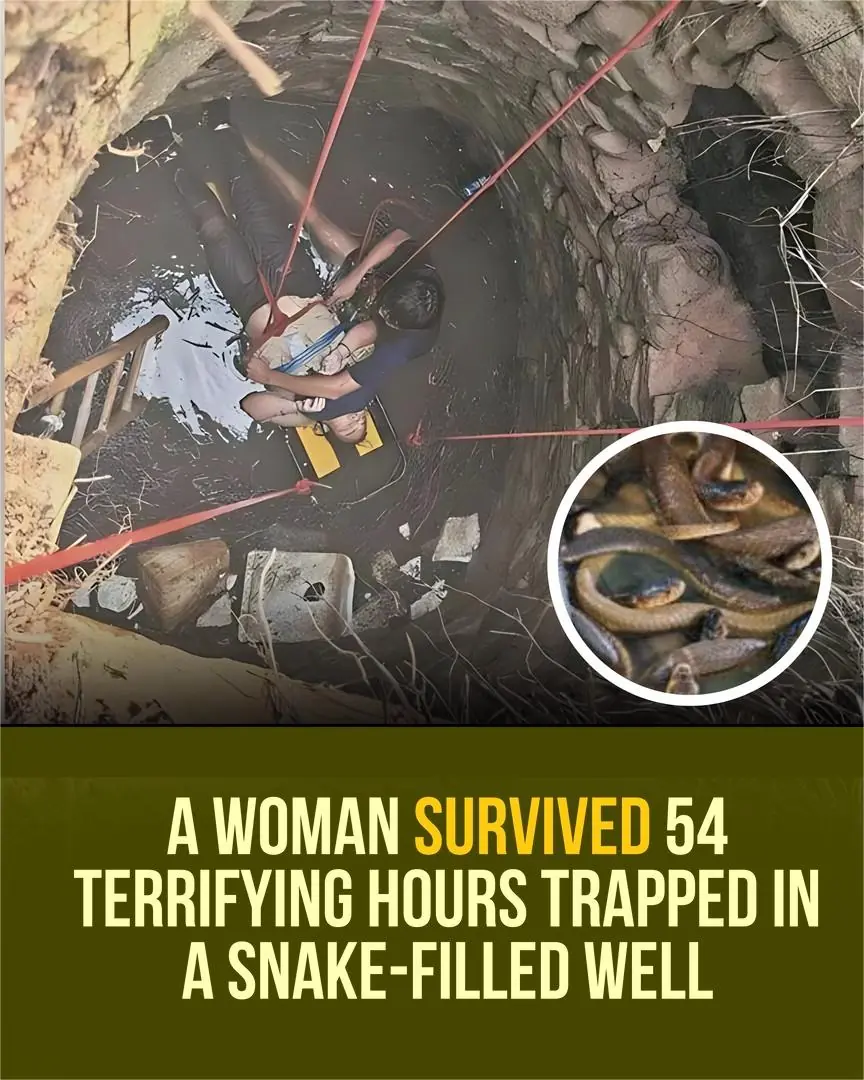
Trapped in Darkness: How a Chinese Woman Survived 54 Hours in a Snake-Filled Well

The High Price of a Status Symbol: How a Teen’s Kidney-for-iPhone Deal Became a Cautionary Tale

❄️ Brave 11-Year-Old and Her Loyal Dog Save a Mother Goat and Newborn Kid in the Snow
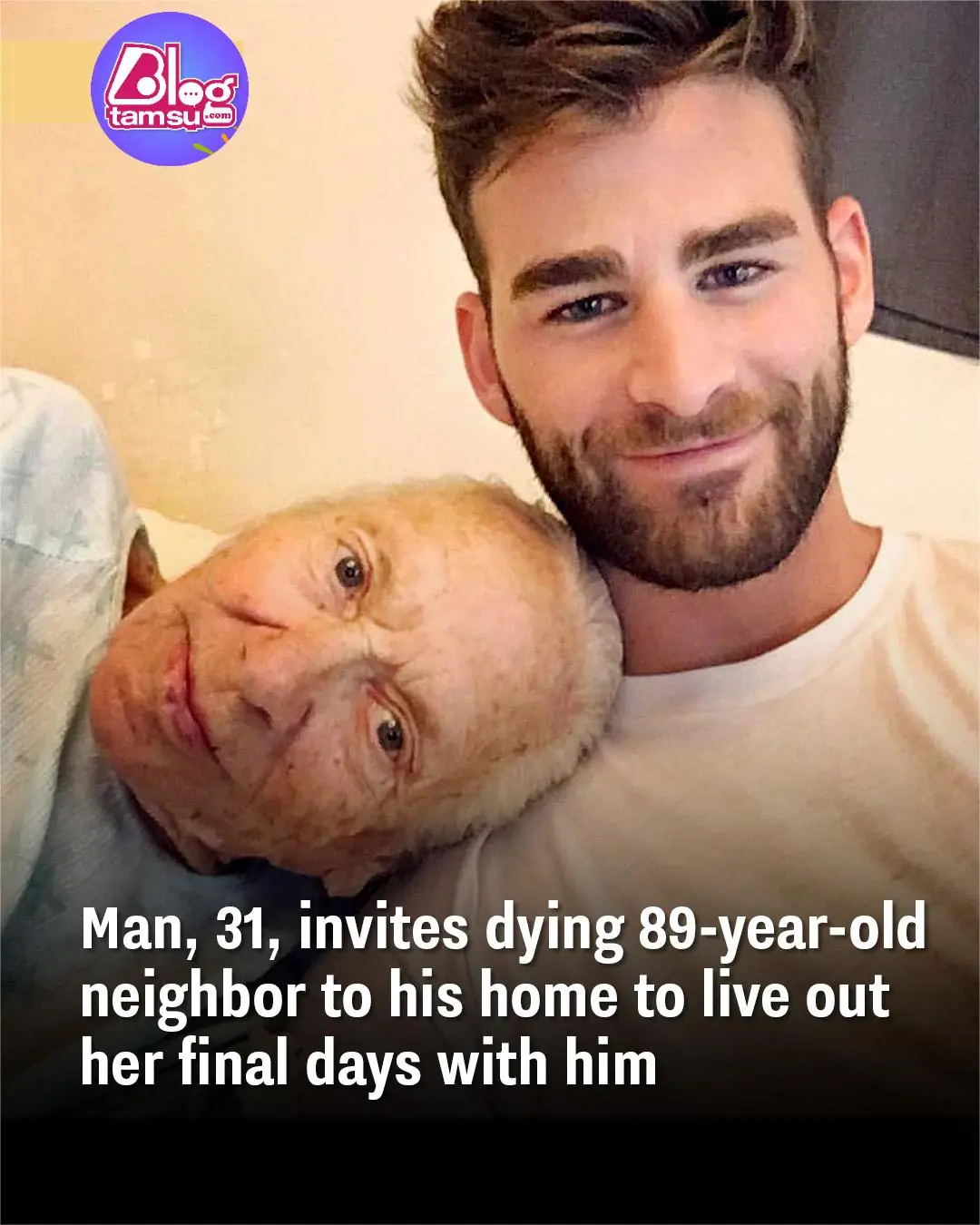
A Young Man’s Act of Kindness Gives an Elderly Neighbor Comfort in Her Final Days

Running Through Grief — A Father’s Marathon of Love and Memory

Japan’s Gentle Way of Making Space — Moving Trees Instead of Cutting Them Down

The Moon and Saturn Meet — October 5

Pick A Bread To See What Kind Of Woman You Are

Zeus the Blind Owl — A Tiny Survivor With a Universe in His Eyes

Uber Will Soon Let You Book Helicopter Rides — A New Era of Urban Travel

From a Lost Check to a Life Rebuilt: The Remarkable Story of Elmer Alvarez
News Post

Avocado Seed Powder: How to Make It and Its Benefits
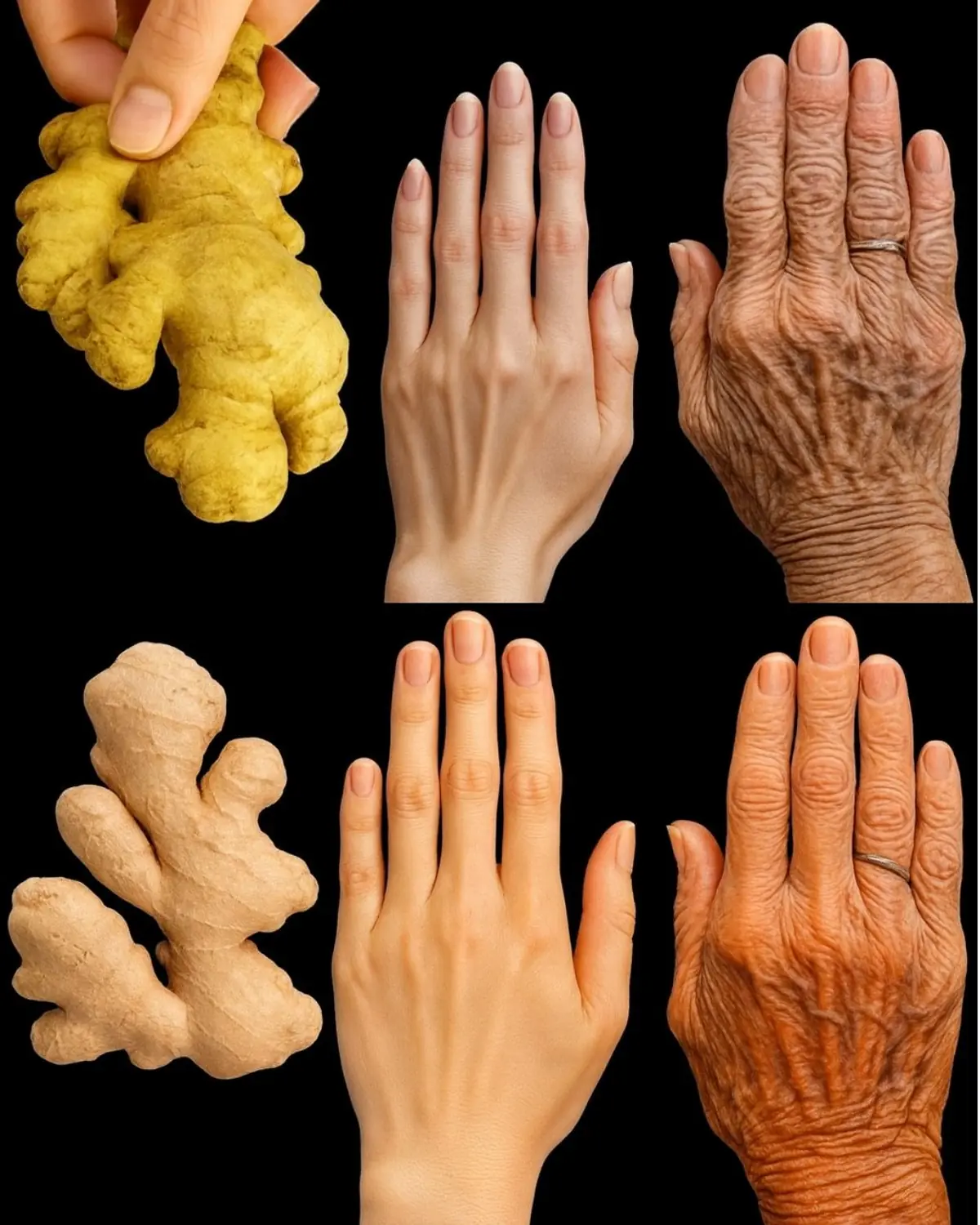
Ginger’s Gentle Touch for Hands That Tell Your Story

Unlock the Cozy Comfort of Cinnamon, Ginger, and Herbal Tea for Daily Ease

The Color of Your Stool Is Warning You About Your Health!

Remove Foot Calluses Naturally with This Simple Bread Remedy

Unleash Your Inner Lion: The Egg, Honey, and Coffee Mix for Ultimate Male Vitality

WOMEN AFTER 65: The 10-Day Castor Oil + Epsom Salt Foot Soak That May Transform How You Feel

5 Best Drinks to Soothe Acid Reflux Naturally

What Your Urine Color Says About Your Health

9 Easy Ways to Strengthen Your Knees, Cartilage & Ligaments

Garlic: Nature’s Secret to Soothing Varicose Veins Naturally
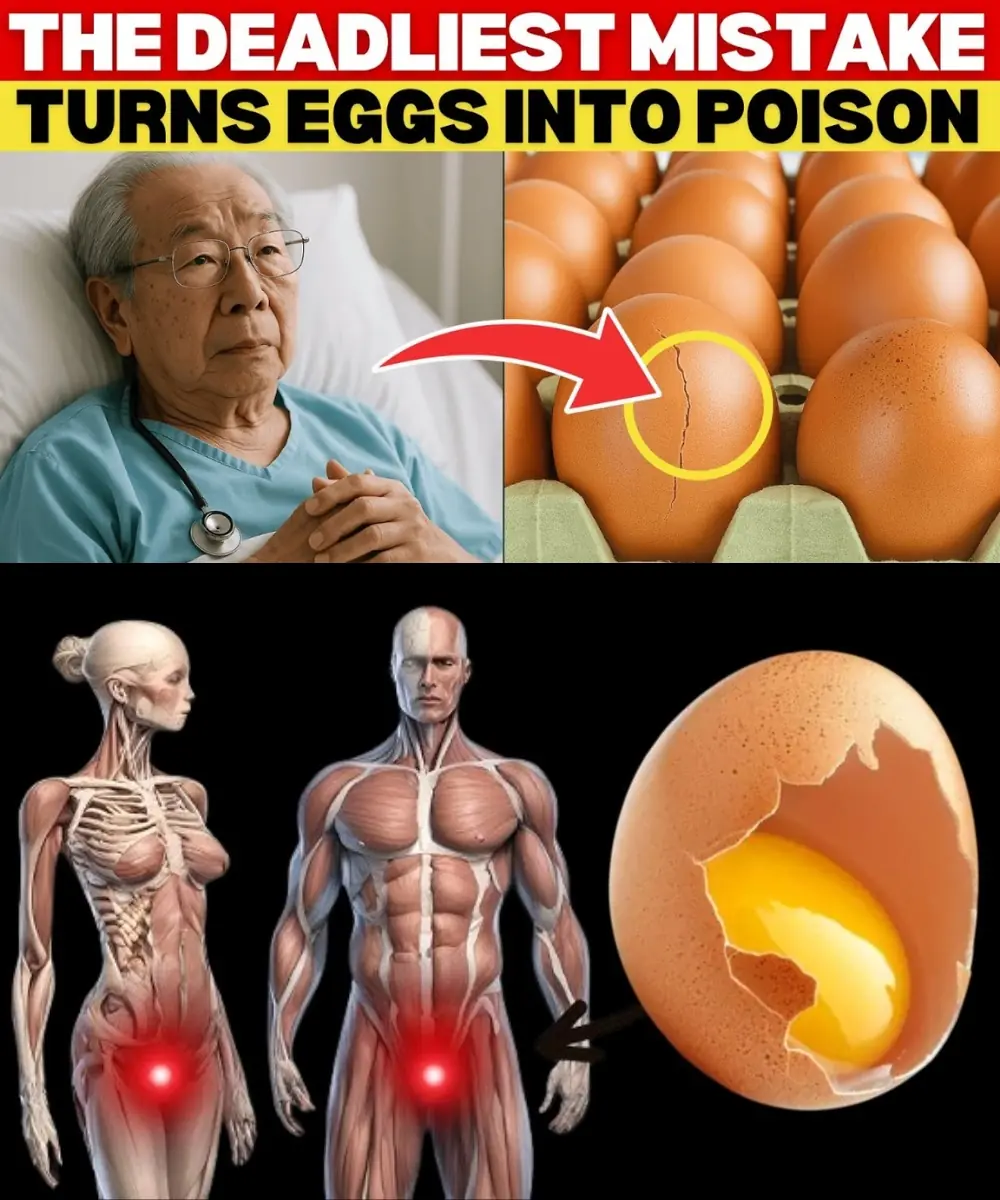
11 Common Egg-Eating Mistakes That Could Harm Your Health

The Hidden Power of the Avocado Seed: Nature’s Overlooked Treasure

Homemade Hair Growth Gel: Aloe Vera + Clove for Thicker, Longer Hair in Just 1 Week

Try This for Both Men and Women: Lemon Coffee Mix — It Might Change Your Life

Over 60? 5 Bedtime Movements Japanese Elders Swear by (No Gym, Just Results Daily)
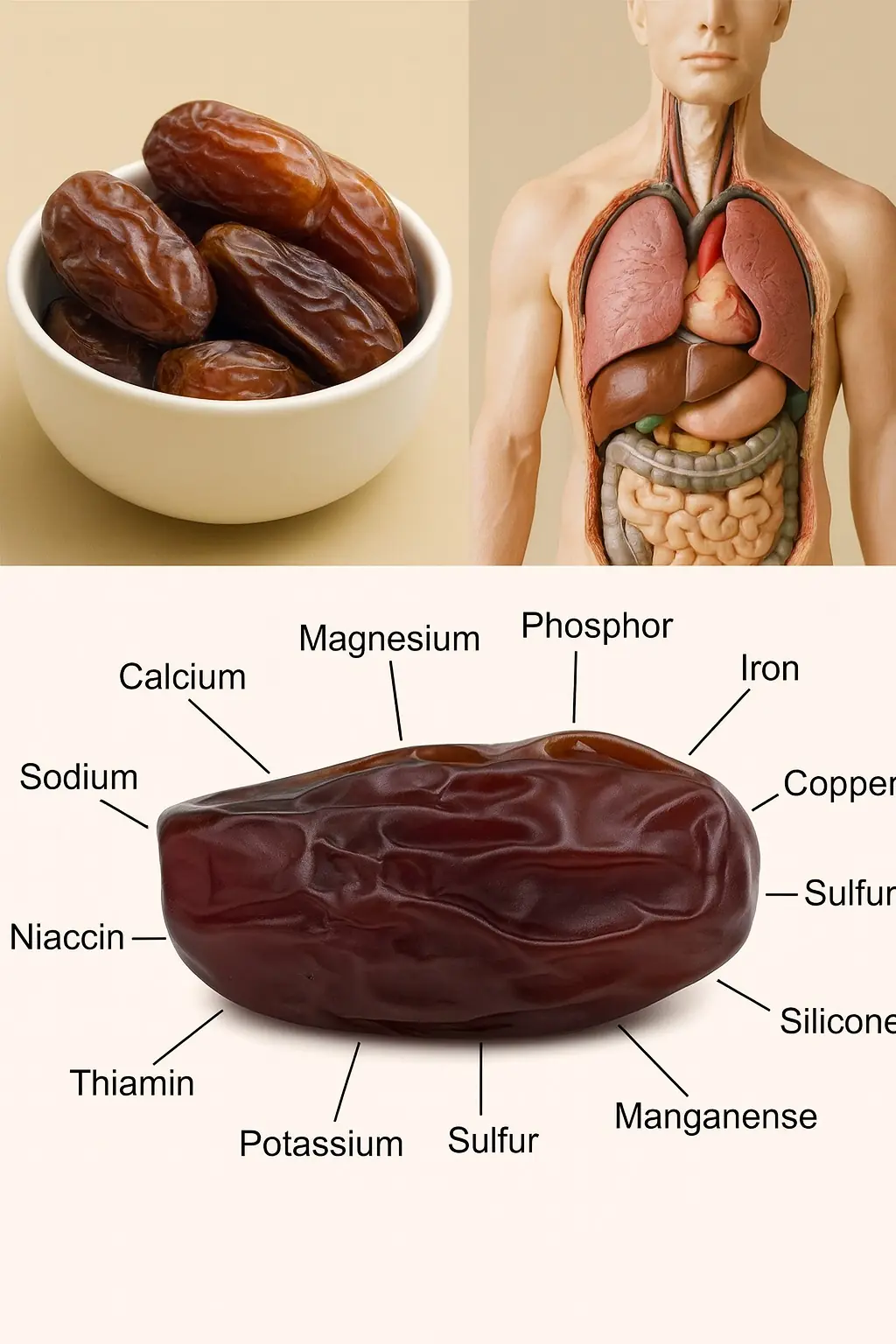
The Incredible Benefits of Dates: A Nutrient-Rich Superfood

This Onion Recipe Cleans Your Arteries, Destroys Diabetes, and Saves Your Heart

